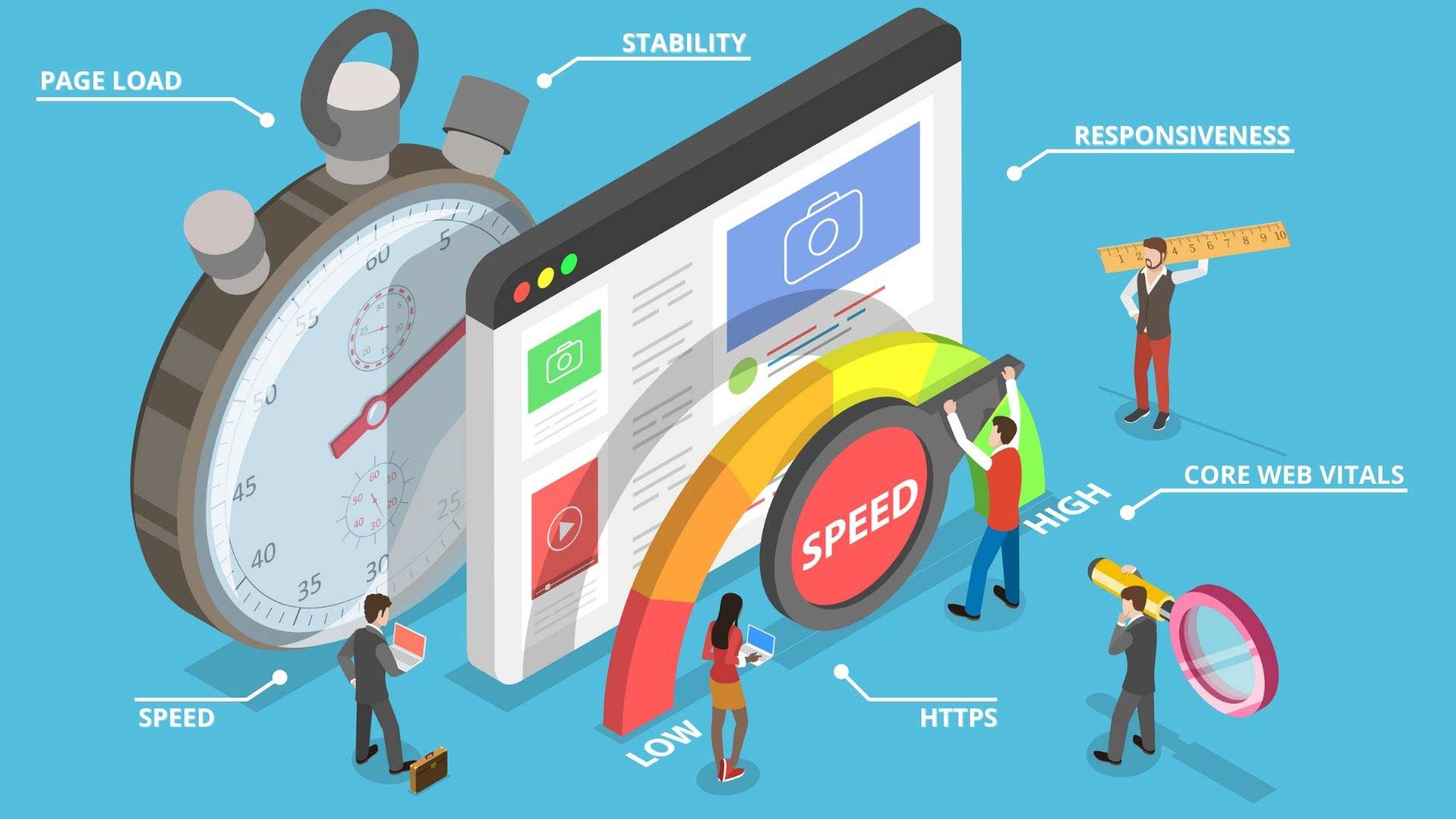
Introduction: In the world of digital marketing, search engine optimization (SEO) is crucial for driving organic traffic to your website. However, many businesses overlook a key factor that directly influences SEO: website performance. In this blog post, we will explore how your website’s speed and user experience impact your search engine rankings and what you can do to optimize them.
1. The Connection Between Website Speed and SEO Website speed is one of the most critical factors that search engines like Google consider when ranking websites. A fast-loading site not only provides a better user experience but also signals to search engines that your website is well-optimized. Pages that load quickly are more likely to rank higher in search results, while slow-loading pages may be penalized, leading to lower rankings.
2. User Experience: A Core Element of SEO User experience (UX) plays a significant role in how search engines evaluate your website. Factors such as mobile-friendliness, easy navigation, and an intuitive layout all contribute to a positive user experience. When visitors find your site easy to use, they are more likely to stay longer and engage with your content, which positively affects your SEO rankings.
3. The Role of Core Web Vitals in SEO Core Web Vitals are a set of metrics introduced by Google to measure the quality of a website’s user experience. These metrics include loading performance (Largest Contentful Paint), interactivity (First Input Delay), and visual stability (Cumulative Layout Shift). Websites that meet the Core Web Vitals thresholds are more likely to achieve better SEO rankings.
4. How to Improve Website Speed and Performance To enhance your website’s speed and performance, start by optimizing your images and using a content delivery network (CDN) to reduce load times. Minimize the use of heavy scripts and plugins and consider leveraging browser caching to improve page loading speed. Regularly evaluate your website’s performance using tools like Google Page Speed Insights to identify areas for improvement.
5. Mobile Optimization and Its Impact on SEO With the increasing use of mobile devices, having a mobile-optimized website is essential for both user experience and SEO. Google’s mobile-first indexing means that the mobile version of your site is prioritized when determining search rankings. Ensure your website is responsive, loads quickly on mobile devices, and provides a seamless experience across all screen sizes.
6. The Importance of Regular Website Maintenance Regular website maintenance is key to ensuring optimal performance and SEO. This includes updating your website’s software, fixing broken links, and monitoring your site’s loading speed. Keeping your website in top shape not only enhances user experience but also helps maintain or improve your search engine rankings over time.
Conclusion: Website performance is a crucial component of effective SEO. By focusing on speed, user experience, and mobile optimization, you can significantly improve your search engine rankings and drive more organic traffic to your site. Regular maintenance and performance optimization are essential to staying competitive in today’s digital landscape.
